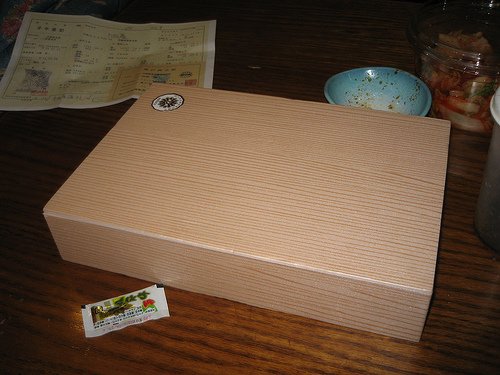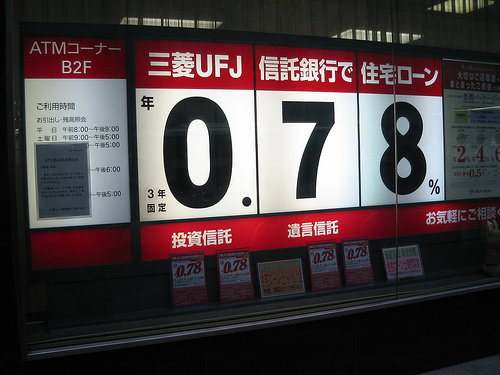Although the Japanese have a reputation for being diligent and hardworking, there are actually more legal holidays in Japan than there are in the U.S. — fifteen, versus just ten in the States — and unlike the period of high economic growth of the sixties and seventies, people actually take them off now. While some of these holidays are similar to special days in other countries — for example, National Foundation Day, which commemorates the traditional founding of Japan in 660 B.C. — most are culturally unique to Japan. Among these are Coming-of-Age Day, when 20-year-olds officially come of age in the eyes of society; Children’s Day, a day for celebrating children; Marine Day, to celebrate the sea; and Respect for the Aged Day, when the country honors the 20% of Japanese who are 65 or older. It’s popular for organizations to “brand” certain days, too, such as May 3rd, Trash Day, a day to think about environmental issues, set on this day because 5/3 sounds like gomi, meaning trash; August 2nd, Pantsu-no-hi, or Underwear Day, an important day for undergarment manufacturers here; Nov. 11, Pocky Day, since 11/11 looks like four Pocky sticks lined up; and the recently mentioned February 9th, Meat Day, since 2/9 sounds like niku meaning meat. Incidentally, today is Neko-no-Hi, or Cat Day, as 2/22 somehow sounds like nyan nyan nyan (a cat’s meow) to Japanese ears.
Gift-giving in Japan is quite formal and complex. There are two gift-giving periods, Ochugen in July and Oseibo in December, when families will give gifts such as canned coffee, laundry soap or cooking oil to the people who help them in some way, such as teachers or others in the neighborhood. When you receive a gift, you’re supposed to give a return gift, called okaeshi (oh-KAH-eh-she), worth about half the amount of the original gift. (Birthday and Christmas gifts are strangely exempt from this, perhaps because these customs were imported from the West.) There are times when a Japanese company gives cash “congraulations bonuses” (in Japanese, o-iwai kin) to employees for happy events like getting married or the birth of a child, and okaeshi gifts are also made in return. J-List’s Jun (the guy who works hard to keep our J-Snack selection so well stocked) became a father last month, and his return gift to us was something very special: the famed Kobe beef, just about the most expensive steak you can buy. Coming from cows that get daily massages and are fed beer to bring out the famous marbling quality of the meat, it was certainly the most amazing steak I’ve ever tasted.
The word for foreigner in Japanese is gaijin (外人), written using the characters for “outside” and “person.” While it simply refers to foreigners, the word is kind of harsh and can sound derogatory depending on how it’s used. For this reason, it’s common to hear the word gaikokujin (外国人) or “outside country person,” a better term that sounds much softer to the ear. One thing about foreigners living in Japan: while they usually don’t appreciate Japanese calling out to them by saying “Hey, gaijin!” they’re more than likely to use the term amongst themselves openly without a second thought.
J-List strives to bring you thousands of fun and hard-to-find products direct from Japan, and we sell hundreds of snack and chocolate items, from the new Green Tea Pocky to delicious Melty Kiss and Japan-only Kit Kat varieties, with new and interesting snack items updated three times a week. Today we’ve posted an old favorite, Every Burger, which are chocolate hamburgers surrounded by cookie buns — so fun to eat! By the way, all food items we sell are stamped with a “freshness date” and we unconditionally guarantee that everything we sell is within this date.

Getting ready to open the wagyu. It comes in a special box that looks like wood but is really styrafoam. Those Japanese are so talented.















